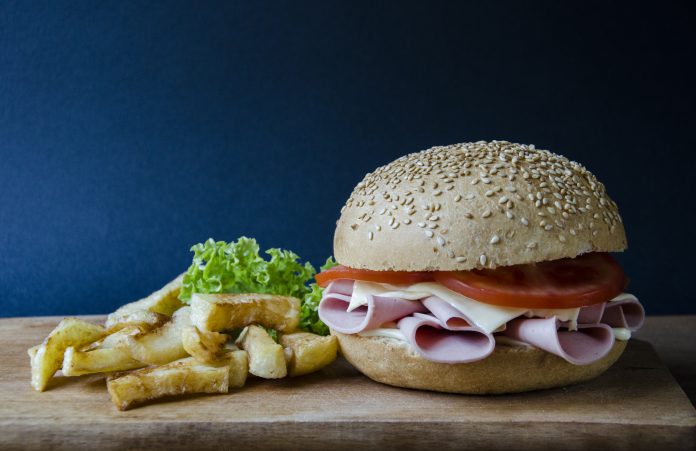Researchers at UC Riverside conducted a study in mice that showed that an unhealthy childhood diet has a lifelong impact on your microbiome.
We’ve all heard the term, ‘you are what you eat.’ However, Dr. Theodore Garland at UC Riverside has changed the statement to, ‘You are not only what you eat, but what you ate as a child!’ Dr. Garland along with his team of researchers conducted a study in mice; investigating the impact of childhood diet on the adult microbiome. Although the study was conducted on mice, researchers used a timeframe that mimicked an important development period in humans. This is the first study to report a significant reduction in the gut bacteria of mice fed an unhealthy diet at an early age. The results of the study are published in the Journal of Experimental Biology.
We studied mice, but the effect we observed is equivalent to kids having a Western diet, high in fat and sugar, and their gut microbiome still being affected up to six years after puberty.
Dr. Theodore Garland, study author
The group of microorganisms, both healthy and harmful, that coexist within our body is referred to as the microbiome. The coexistence of these microorganisms is important in keeping our immune system healthy. However, the use of antibiotics and changes in diet can sometimes alter the balance of pathogenic and healthy organisms in our body. Thus, reducing immunity.
Mice Microbiome Investigated
To investigate the effect on the microbiome, researchers divided the mice into four different groups. Half received a healthy diet and another half a western diet high in sugar and fats. Half of both these groups then got access to a running wheel, while the other half did not. The mice lived under these conditions for three weeks. Afterward, researchers returned all mice to a standard diet and no running wheel. After an 8-week washout period, they collected fecal samples from the mice, to analyze the gut bacteria.
Results revealed a reduced bacterial diversity in the group that received a western diet. Quantity of the bacteria Muribaculum intestinale was also significantly reduced. This particular bacteria aids carbohydrate metabolism. The analysis further revealed exercise’s effect on the gut bacteria. Mice on a standard diet and an access to a running wheel has a greater bacterial diversity. Whereas those on a western diet had a reduced diversity irrespective of whether they exercised or not.
In conclusion, the authors of the study state that childhood diet can have more long-term effects on gut bacteria than exercise. They hope to take samples at more points in time, to determine the changes in the mice later in life.
Reference:
Monica P. McNamara, Jennifer M. Singleton, Marcell D. Cadney, Paul M. Ruegger, James Borneman, Theodore Garland. Early-life effects of juvenile Western diet and exercise on adult gut microbiome composition in mice. The Journal of Experimental Biology, 2021; jeb.239699 DOI: 10.1242/jeb.239699




